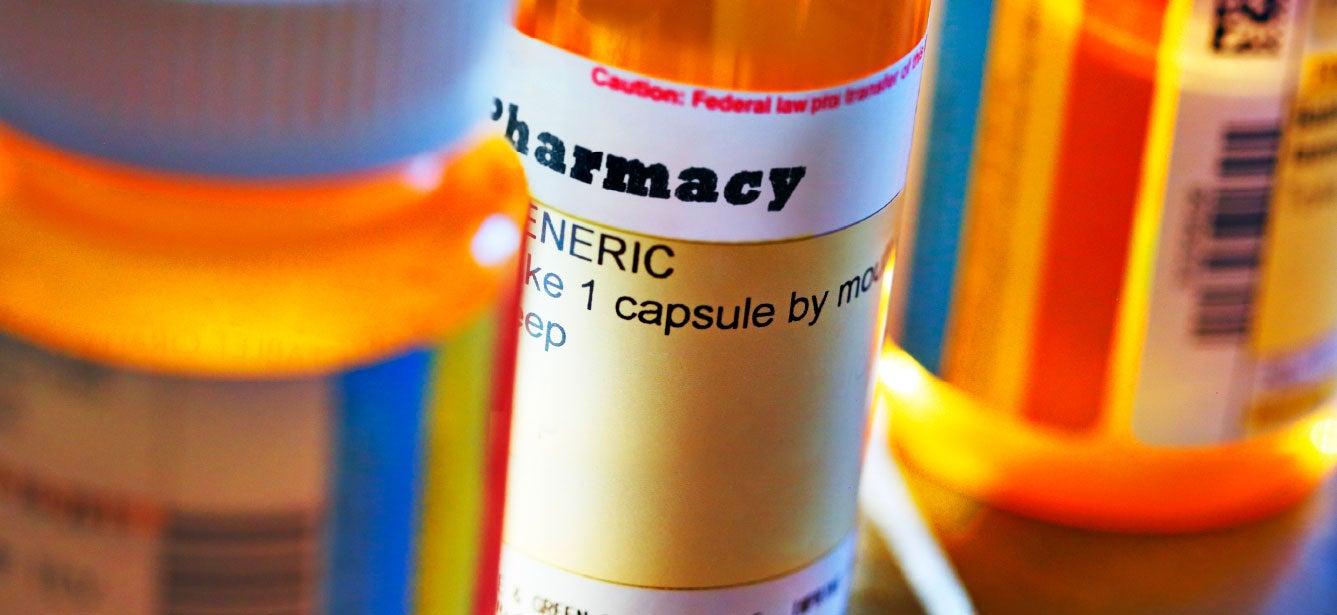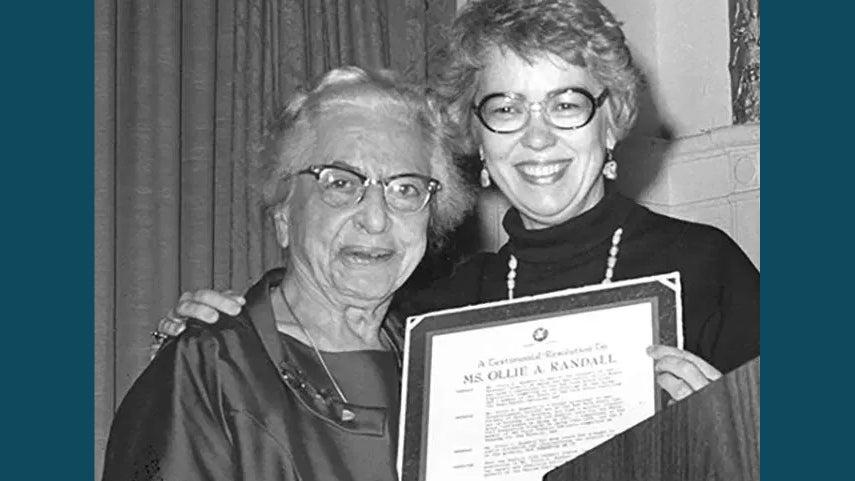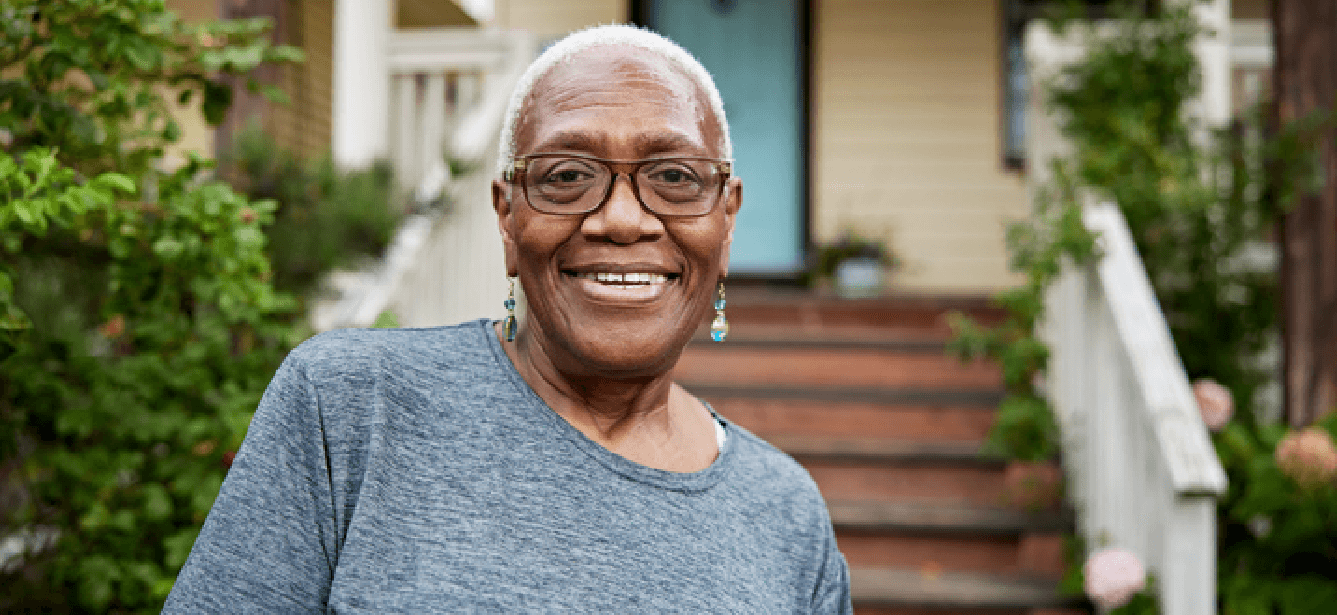Strengthening Part D Extra Help for Low-Income Older Adults: Letter to CMS Leader
5 min read

Related Topics
In late-summer of 2022, Congress passed the Inflation Reduction Act (IRA), which will very likely save older adults money at the pharmacy counter as the law’s provisions go into effect throughout the rest of this decade. One of the exciting things coming in 2024 are the beneficiary-friendly improvements to the Medicare Part D (prescription drug) Extra Help subsidy (aka the Low-Income Subsidy or LIS).
The IRA’s Part D Extra Help improvements will provide a much larger subsidy for low-income, Part D enrollees with incomes between 135-150% of the Federal Poverty Level—a group of older adults and people with disabilities who likely struggle with the ever-increasing costs of prescriptions. These individuals who will qualify for the full subsidy won’t have to pay any cost sharing to get it—a welcome change to existing policy.
What are NCOA and other organizations recommending for strenghtening the Part D Low-Income Subsidy?
The leadership of the Department of Health and Human Services and the Centers for Medicare and Medicaid Services (CMS) have been visiting communities touting this and other reforms to Part D that will likely save enrollees money over the next few years as these reforms kick in. At a few meetings with beneficiary advocates on the implementation of the IRA, these leaders have on a handful of occasions expressed interest in doing even more over the next few years to strengthen the Part D LIS program.
With this in mind, the National Council on Aging along with the Patient Access Network (PAN) Foundation—an advocacy organization dedicated to helping individuals access prescriptions as well as to lowering out-of-pocket drug costs—sent a letter to CMS on Feb. 8, 2023, suggesting ways we believe LIS can be strengthened. The letter focuses, among other things, on asking CMS to consistently commit itself to educating Part D enrollees about the existence of LIS and how they can get enrolled; far too many eligible individuals have not enrolled in the program.
These days the cost-of-living crisis is on the minds of low-income older adults. They could use a little Extra Help so they don’t have to choose between filling a medically necessary prescription and paying their heating bill this winter. We’re grateful CMS wants to help these individuals as much as we do. NCOA and the PAN Foundation are very excited about CMS’s shared interest in strengthening LIS and getting more eligible people enrolled.


